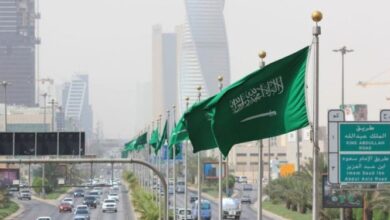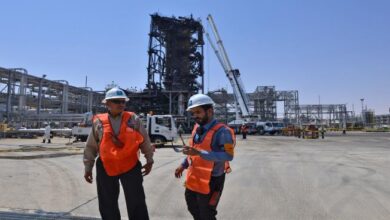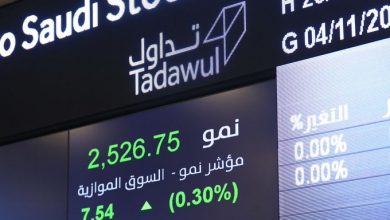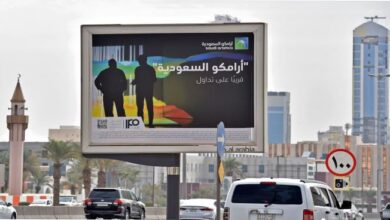The Saudi Private Sector Index Declines
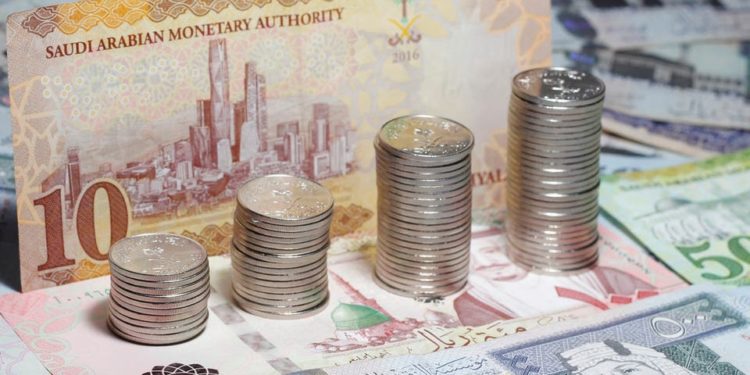
The economic crisis is worsening in the Kingdom of Saudi Arabia, which is highlighted by various indicators, most notably the private sector index reaching its lowest level in five months.
These indicators confirm the failure of the economic transformation plan in the Kingdom launched by Mohammed bin Salman on reducing dependence on oil under the name “Vision 2030”.
In its latest report, the International Monetary Fund revised its forecast for the kingdom’s economic growth from 2.3 percent in 2018 to 1.8 percent this year.
According to data published by the US Bloomberg agency specializing in economic issues, the private sector in the Kingdom has witnessed a significant deterioration during the current year.
The non-oil private sector activity index fell in July, hitting a five-month low, a sign that economic growth is losing momentum in the third quarter of 2019.
According to Bloomberg, the purchasing managers’ index fell to 56.6 points from 57.4 in June, the highest level in 19 months.
Phil Smith, chief economist at IHS Market, said: “The Saudi private sector started the second half at a good growth rate, although the survey of production, new orders and future outlook all point to some loss of momentum in the third quarter.”
According to IMF forecasts, non-oil sector growth will decline this year to 2.1% from its 2.2% growth rate in 2018.
Saudi Arabia’s Ministry of Finance recently reported that Saudi spending rose 5.0% in the second quarter compared to the same period last year.
According to data from the Ministry of Finance, the Kingdom’s budget deficit in the second quarter rose to $ 8.9 billion due to increased spending.
The increase in spending and the deterioration of the Saudi private sector is due to the lack of Saudi investments in it and the increase in defense spending.
In a report on the Saudi economy, S&P Global forecasts that military spending in the Saudi budget will rise significantly this year compared to the official forecasts set by the Saudi government in the 2019 budget, which will end in December.
Saudi Arabia had expected the military budget to fall this year by 12% to SAR191bn ($0.27), but these expectations may not seem realistic under the current pressures.
For its part, the newspaper “Wall Street”, in a diagnostic article of the economy in the Kingdom, that the Saudi economy is suffering because of the departure of foreign workers from the country, mostly from South Asia and the Philippines.
Two years ago, there were 7.4 million foreign workers in the kingdom, but more than a million foreign workers left the country after the government imposed new fees on companies employing them and imposed other fees on the recruitment of their families.
All this led to lower spending, pushing the economy into recession in January, she said.
Consumer prices fell 2.2% in February from the same month last year, the biggest one-month decline compared to the country’s recession in 2017.
Real estate prices also fell by 15% at the end of 2018 compared to early 2016, according to Al Saud figures.
In its assessment of the Saudi economy, Wall Street said Saudi Arabia faces adverse external factors that have affected the economy, including the war in Yemen, and accusing Prince Mohammed bin Salman of being responsible for the murder of Saudi journalist Jamal Khashoggi at his country’s consulate in Istanbul last October.
The Kingdom’s economy is also suffering due to the reluctance of foreign investors to enter the Kingdom’s markets. FDI recorded $ 2.4 billion in the first nine months of 2018.
Although this figure represents an increase when compared to the volume of foreign investment in 2017, which recorded only $ 1.4 billion, it is still much less than the volume of foreign investment in 2016, which was $ 7.4 billion.


